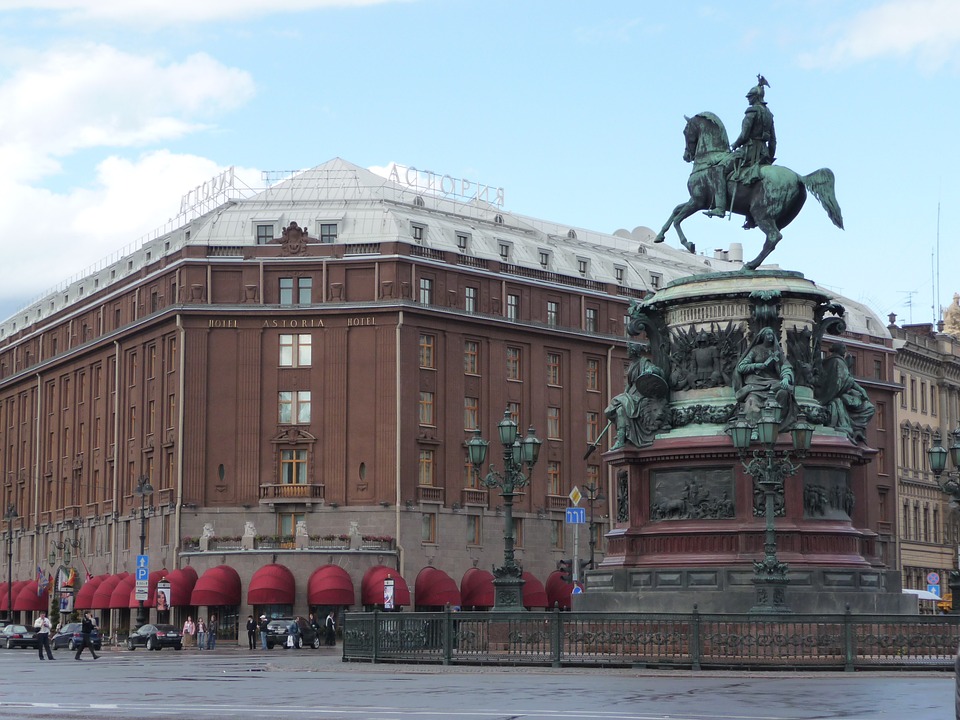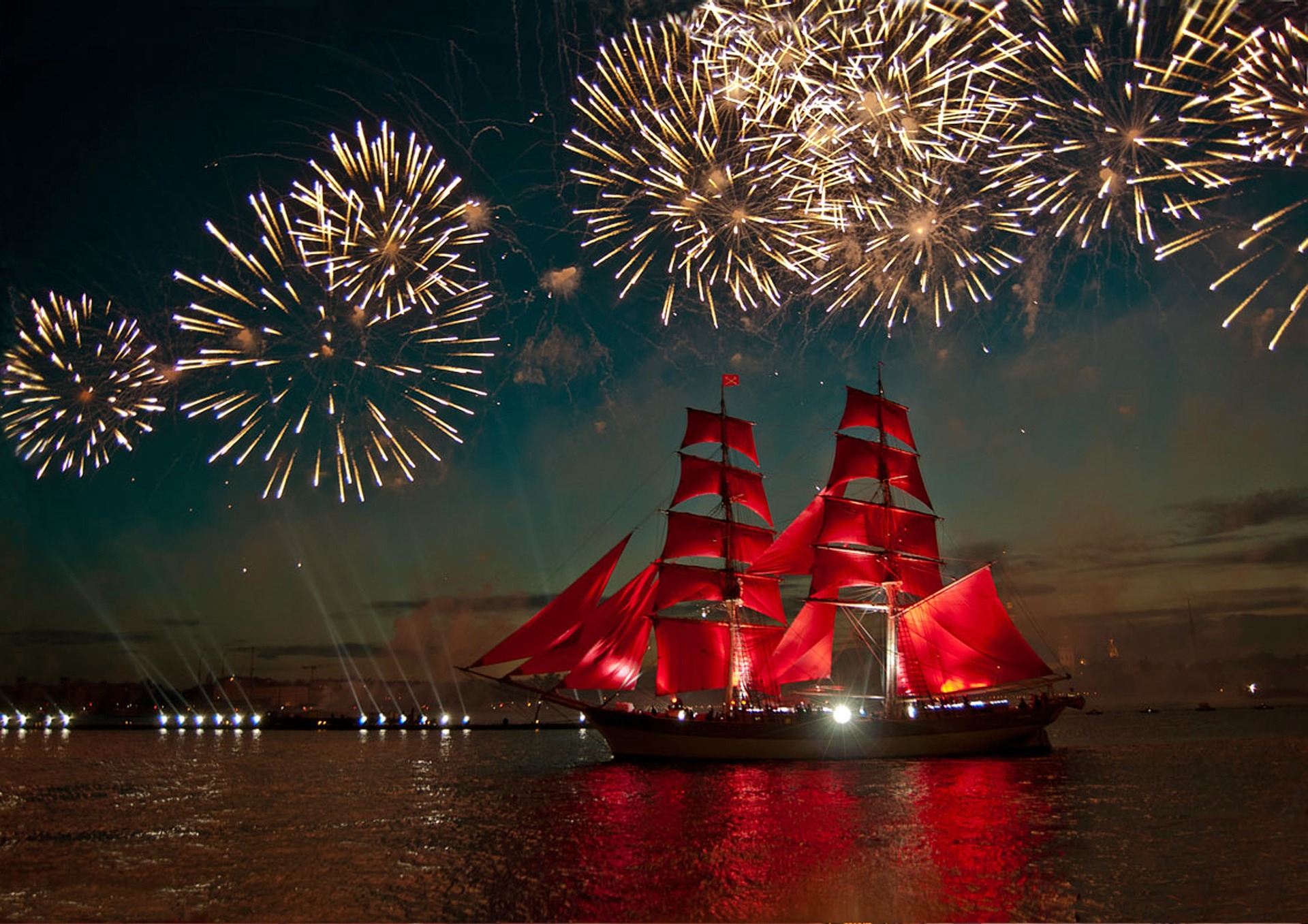The epoch of Palace Coups is a period in the history of Russia from 1725 to 1762 when country governors changed as a result of conspiracy and actions of the guards ruled by the aristocracy or closest associates of Peter the Great. This term was suggested by Professor Kluychevsky who called this time period so, due to several state coups.
The main reason for such rapid changes in the government was the absence of a clear formal order of succession to the throne after the death of Peter I.

Timeline
1725: the enthronement of Empress Catherine I under the supervision of Menshikov’s party.
1727: after Catherine’s death the throne is given to Peter II bypassing other candidates. Same year Menshikov is deposed. However, already in September same year as a result of intrigues by the Dolgorukovs and Andrey Osterman, Peter II was removed from power and sent with the family away.
By the time of Peter’s II death, the main authority functions were in the hands of Supreme Privy Council.
1730: the enthronement of Anna Ivanovna under signing special “conditions” that limited her governing. But as the plans of Supreme Privy Council got public, Anna Ivanovna destroyed the “conditions” and saved the aristocratic form of governance.
1740: Anna Ivanovna announced Ivan VI the Russian Emperor. The boy was several months old, so regent Biron was the actual country ruler. Same year Biron was deposed by Minikh’s party.
1741: the enthronement of Empress Elizabeth Petrovna with the help of the guards. Peter’s daughter got rid of the Germans in the state government and returned to Peter’s state orders.
1761: after Elizabeth’s death, the throne was supposed to be given to Peter III. He wasn’t patriotic as actually was raised to govern Sweden, not Russia. So, in 1762 his own wife the Empress Catherine II became the announced ruler of the country.
The end of the Palace Coups epoch is related to the consolidation of Russian nobility, the development of its estate institutions, the final formation of political elite of Russian Empire and the constitution of its governing authority parties.
Interestingly, some researches also include here the murder of Pavel I in 1804, Moscow uprising of 1689 (that took place in the beginning of Peter the Great governance) and Decabrist revolt in 1825.
In general, this period in Russian history has many secrets and interesting details that you can learn during our private guided tour. So book it right away!


